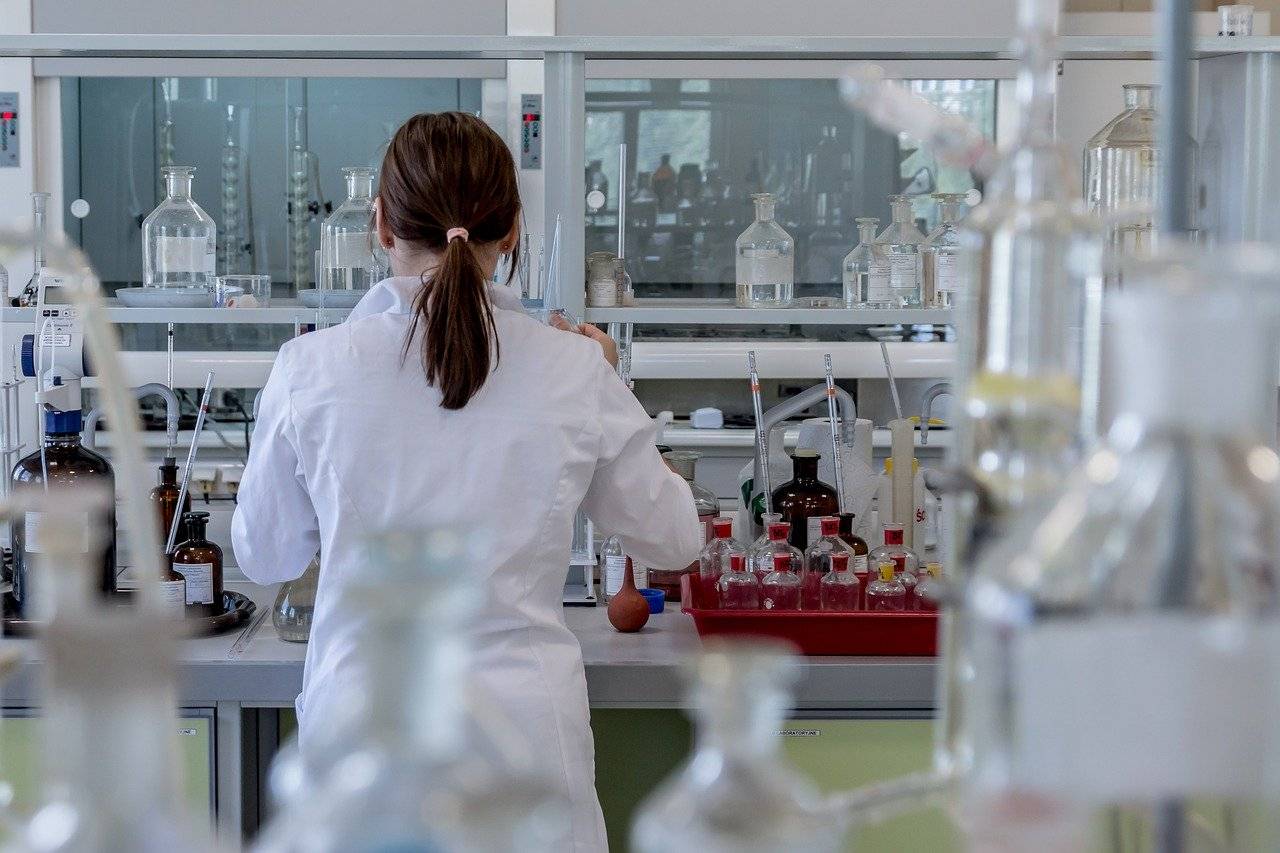Reliability problems detected in hundreds of studies on a type of stroke in animal models
While preparing a systematic review of animal studies on subarachnoid hemorrhage —a particular type of stroke— a Dutch team detected suspicious images and redirected their research: they analyzed 608 publications considered relevant, looking for potential problems with their results. Their findings indicate that 243 (40%) contained duplicate or potentially manipulated images, raising doubts about their reliability. The vast majority (87%) originated in China, and only 22% had been corrected. According to the researchers, these findings “could explain why, despite hundreds of animal studies published in this field, we still lack effective treatments for early brain injury in patients with hemorrhagic stroke”. The results are published in Plos Biology.






